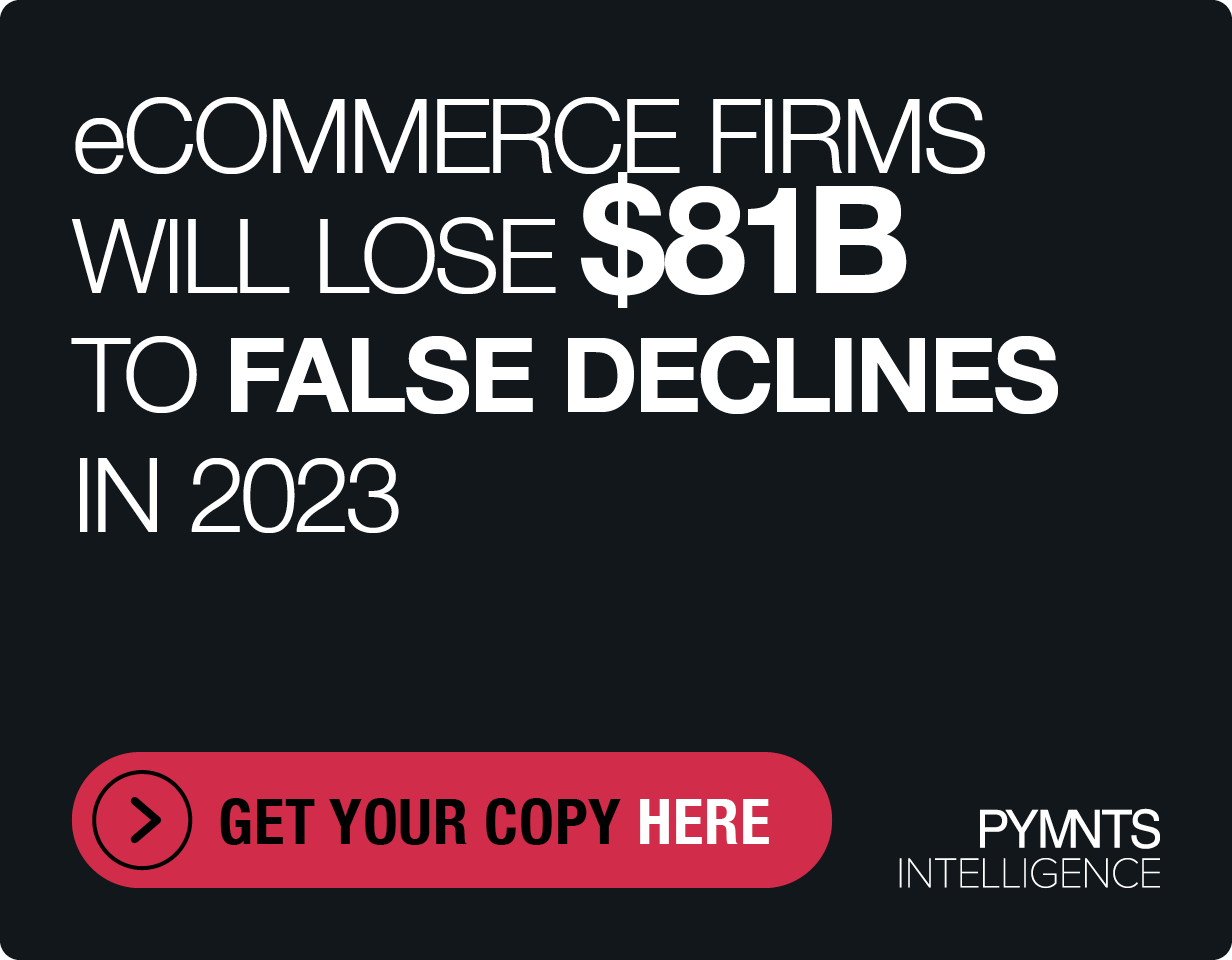Ukraine’s Small Businesses Find Silver Lining in Digital Payments
Digital payments have been small businesses’ saving grace in the face of tough economic challenges.
It’s a double-edged sword that, according to James Allum, senior vice president of Europe at Payoneer, stems from the “twin revolution of payments and digital” witnessed in the last few years.
In fact, Allum said, the digital modernization of payments was crucial to the survival of small and medium-sized businesses (SMBs) within Payoneer’s 44-country Europe portfolio, particularly in Eastern Europe, where the ongoing Ukrainian crisis has shed light on the long-term resilience of small businesses.
For instance, unlike firms operating in larger countries like Germany that tend to focus on their domestic markets, entrepreneurs in smaller Eastern European countries like Serbia and Ukraine target international markets first and are often solving more complex problems with limited resources.
“You can have people operating out of their spare bedroom [while meeting] quite sophisticated needs around financial services [like] setting up multicurrency accounts, for example,” Allum told PYMNTS in an interview.
However, the role of a global payments network in overcoming the payments disruption experienced cannot be downplayed. According to Liubov Danylina, director and acting country manager of Payoneer in Ukraine, companies leveraged Payoneer’s payment services to keep their businesses afloat last year.
Overall, 70% of Ukrainian businesses (from over 4,000 surveyed) have continued to operate during the crisis, Danylina said, quickly recovering from the early macroeconomic shock despite global customers’ fears that they wouldn’t be able to maintain standard service levels.
From Single-Purpose FinTech to Platform
As customers use marketplaces and multiple eCommerce platforms to sell their products, their financial services needs are becoming more complex and demand for services around business-to-business (B2B) accounts receivables is fast-growing, Allum said.
As a result, Payoneer has had to expand to “become much more of a platform rather than a single-purpose FinTech,” he explained, working to meet the multiple needs of their global customers, mainly in Eastern Europe and Ukraine, where business growth has outpaced other markets in recent quarters.
There’s also the need to hold currency in multiple denominations as European currencies have devalued against the U.S. dollar in the last 12 months. Here too, Payoneer has helped Eastern European customers set up accounts in other countries to repatriate foreign income and hold currencies in U.S. dollars until they need to repatriate it.
“They’re [now] able to have their own hedging strategies rather than be at the mercy of an instant exchange rate,” he said. “They’ve become fairly sophisticated financial controllers and treasury managers even if that’s not their background [or area of expertise].”
Forward-Thinking Business Strategies
According to Allum, IT services and freelancing remain key “hyper growth sectors” in Ukraine that Payoneer continues to support both directly and through partners such as trade associations and major local banks like PrivatBank and Monobank.
That support has also included assisting with working capital to finance future operations, an offering that Danylina said has been critical to SMBs getting back on their feet and looking to increase their advertising spend or hire new employees.
She further pointed to the responsibility FinTechs and financial service companies have to these businesses in times of crisis, filling a gap where incumbent players fall short when enabling easier and faster cross-border payments.
“FinTechs are able to move faster than traditional finance [players],” she argued, “and in this crisis Fintechs have really helped businesses in central Eastern Europe […] to continue providing services to their customers.”
Finally, unlike in previous years when smaller businesses were more opportunistic, Allum noted that SMBs are now adopting a lot more forward-thinking business strategies — a shift in strategy that working with trustworthy partners like Payoneer can help enhance.
“We’re not here just for the current transaction, but the transactions for years to come. That’s where a lot of our conversations are now — how can we help you [as a business], not just today, but in years to come?” he said.
For all PYMNTS EMEA coverage, subscribe to the daily EMEA Newsletter.
